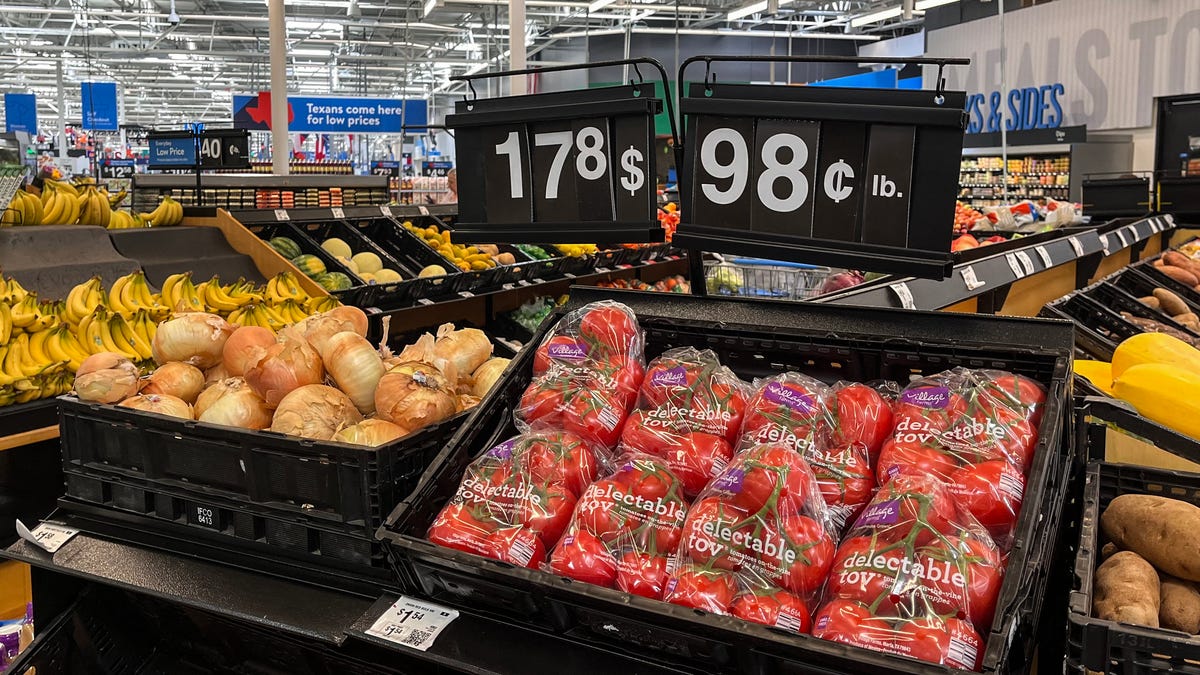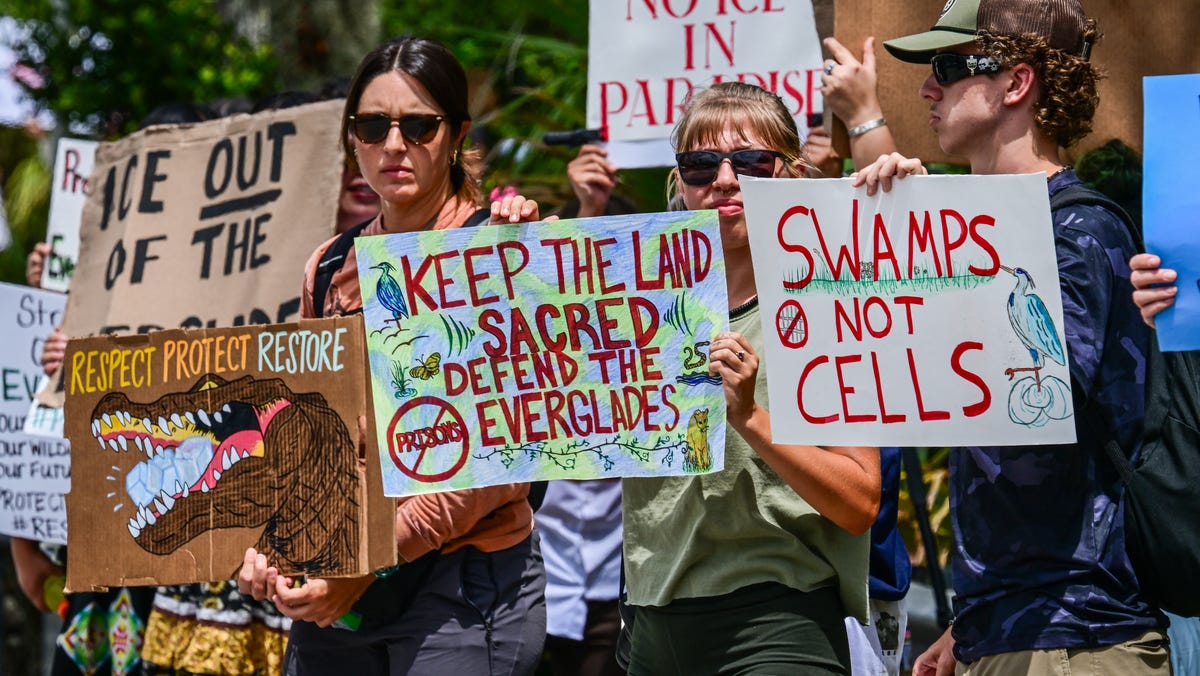From foreign actors smuggling in crop diseases to outbreaks like the bird flu, America has come dangerously close to disaster. Our luck cannot continue.

Two Chinese nationals charged with smuggling toxic fungus into US
A Chinese couple has been charged with smuggling a toxic fungus into the US. Authorities claim the fungus could be used as a “potential agroterrorism weapon.”
unbranded – Newsworthy
- Three Chinese scientists were recently arrested for smuggling biological materials, including a plant fungus and roundworm material, into the United States.
- The U.S. has narrowly avoided agricultural disasters caused by foreign actors and outbreaks like avian flu, highlighting the need to prioritize food and agriculture in national security.
- While the USDA works to protect agriculture, it is underfunded and operates as a trade agency rather than a national security agency, hindering its ability to address growing threats.
- Congress needs to modernize and pass a Farm Bill that prioritizes agricultural security, including establishing a senior USDA position for national and homeland security and increasing funding for vital programs.
There is nothing more American than agriculture. Yet, it’s often an afterthought in national security ‒ and it shouldn’t be.
FBI agents have recently arrested three Chinese scientists accused of smuggling biological materials into the United States. In the first case, the boyfriend of a University of Michigan researcher is accused of concealing baggies containing a potentially devastating plant fungus in a wad of tissues in his backpack; in the second, a Chinese scientist was arrested entering the United States on suspicion of mailing biological material related to roundworms to a laboratory at the same university.
Whether the roundworm material or the version of Fusarium graminearum in the baggies could cause billions of dollars in damage to our farmers and food supply remains unclear ‒ but the fact that these biological materials entered the country through the mail and Detroit’s airport should serve as a wake-up call.
Risks keep growing in food and agriculture industry
From foreign actors smuggling in crop diseases to outbreaks like the latest avian flu, the United States has come dangerously close to disaster ‒ and we’ve avoided it not because we were prepared, but because we have been lucky.
America is among the most food-secure nations in the world, but it’s time to treat food and agriculture as critical components of our national security. The cost of not doing so is simply far too high. Today, food and agriculture contribute $1.537 trillion to U.S. gross domestic product, and the sector employs more than 22 million people.
Farming is a defining feature of our identity. But while politicians pose in front of barns, tractors and fields for campaign ads, meaningful agricultural security policy sits on the back burner as the risks keep growing.
In 2020, more than 30,000 unsolicited packages of seeds were sent from China to random American households. While the government eventually determined that these shipments were not a deliberate act of biological warfare, the next time they may be.
Pathogens, pests and invasive weeds could have easily hidden in these packages, potentially yielding devastating damage to our crops, causing billions of dollars in economic damage.
You’ve heard of bird flu, but what about African Swine Fever?
Before avian flu caused egg prices to go up and cows to get sick, African Swine Fever was making a home right outside of our borders. This virus is now on the island of Hispaniola, comprising Haiti and the Dominican Republic, fewer than 700 miles from the United States.
With millions of U.S. tourists visiting the island each year and hundreds of thousands of Haitian migrants fleeing due to criminal activity and insecurity, we have been lucky the virus has not found its way to the United States on the sole of someone’s shoe.
African Swine Fever spreading in the United States could create losses of up to $50 billion to the U.S. pork industry. There’s also plenty of evidence of “agroterrorism” out there. In China, for example, criminal gangs have been known to spread the virus between farms for economic gain.
The U.S. government needs to pay as much attention to securing food and agriculture as to other national and economic security threats. The U.S. Department of Agriculture works diligently to protect and promote the nation’s agriculture from natural and accidental threats, but it operates as a trade agency, not a national security agency.
Vital USDA programs for identifying agricultural threats are historically underfunded compared with their public health counterparts. The Farm Bill, which authorizes and prioritizes policies and programs for agriculture, has not been updated since 2018. This means that programs like the National Veterinary Stockpile, which protects the nation’s food supply, will continue to operate on a shoestring budget that is less than 1% of its public health counterpart.
Congress needs to modernize and approve a Farm Bill designed to protect national and economic security. As a first step, the bill should establish a senior USDA position for national and homeland security. Appointed by the president, this official can be responsible for threats to agricultural security.
Further, Congress needs to appropriately fund programs that secure U.S. agriculture. The cost of inaction far outweighs any expenditure. Our government’s response to the current avian flu has already cost $1.4 billion alone ‒ response always costs more than prevention.
The USDA works tirelessly to protect our food, health, national and economic security, but today it’s fighting a wildfire with a watering can. We have managed to evade an economic catastrophe, but our luck cannot continue.
Congress must prioritize and invest in agricultural security by updating and passing a Farm Bill. It is in everyone’s interest.
David Stiefel serves as a director for the Global Biological Policy and Programs team at the Nuclear Threat Initiative. Before joining NTI, Stiefel held several senior roles on the National Security Council at the White House and directed the government’s biopreparedness review, resulting in the 2022 National Biodefense Strategy. He also led efforts to shape U.S. government plans to strengthen the security and resilience of U.S. food and agriculture.








